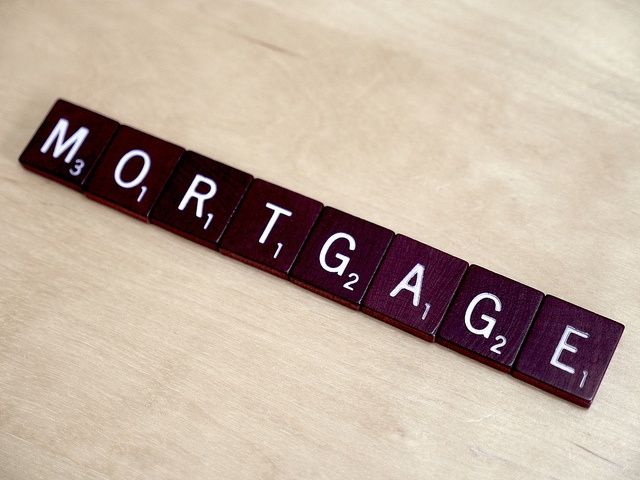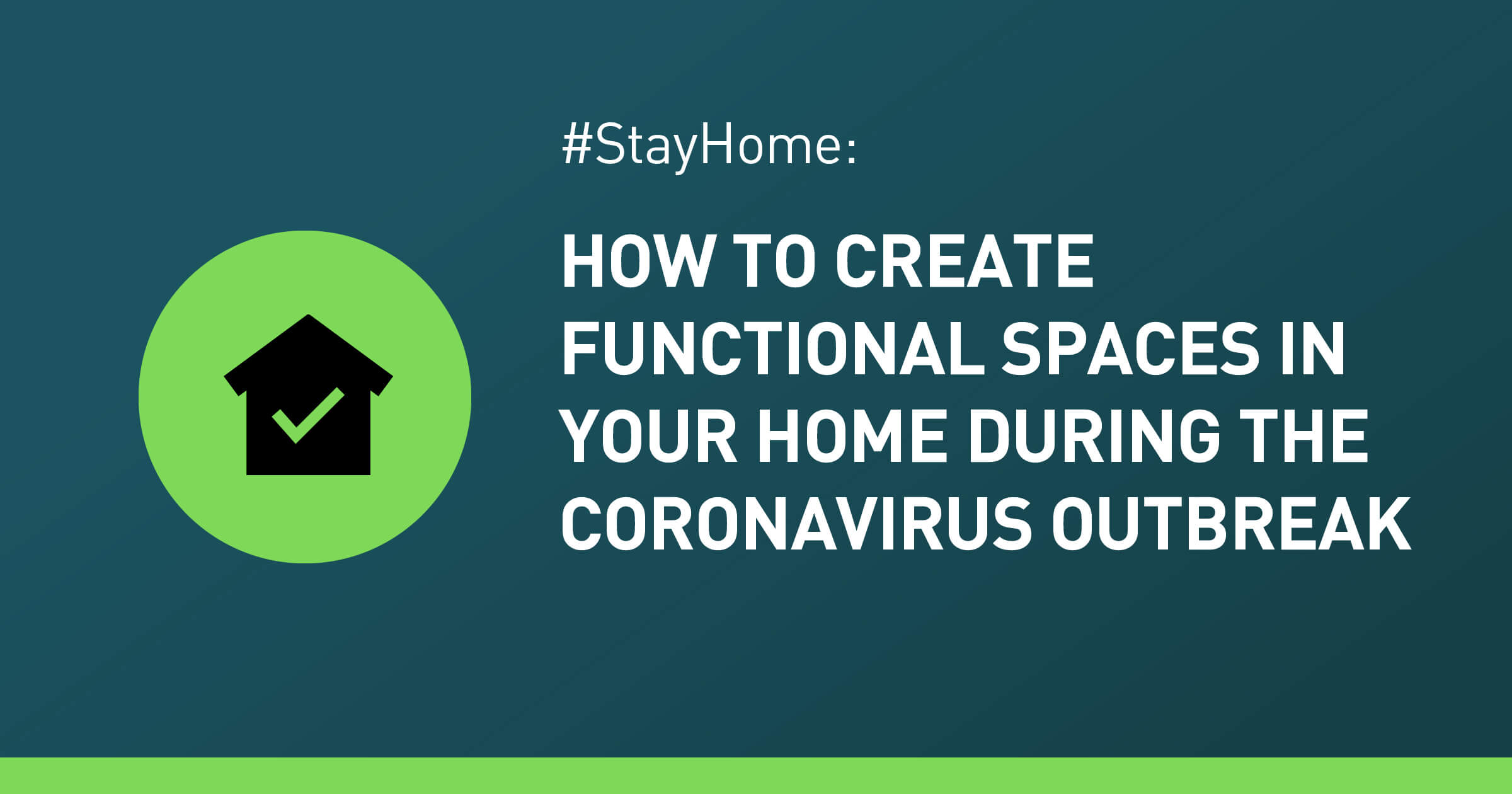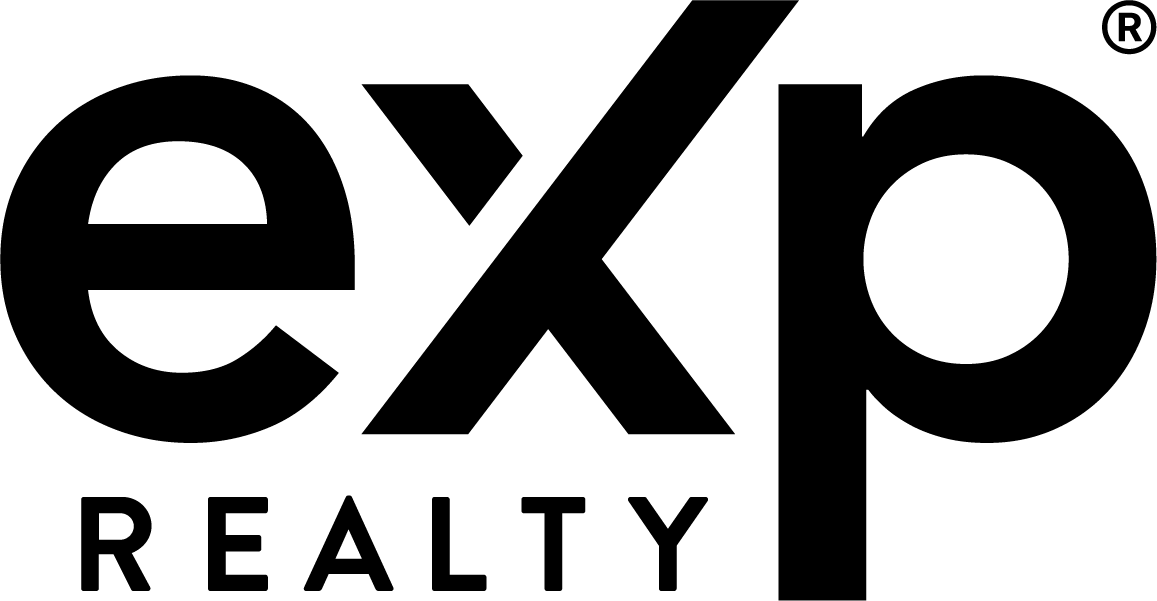There are varieties of strategy available for those seeking to reduce the shelf life of a mortgage. Read on to learn about 3 ways to pay off your mortgage early.
An Extra Habit
Each time you pay extra on your mortgage, more of each payment after that is applied to your principal balance. Here are some options for paying extra and examples of how extra payments will affect the average $220,000, 30-year mortgage with a 4% interest rate:
- Make an extra house payment each quarter, and you’ll save $65,000 in interest and pay off your loan 11 years early.
- Divide your payment by 12 and add that amount to each monthly payment, or pay half of your payment every two weeks, also known as bi-weekly payments. You’ll make one extra payment each year, saving you $24,000 and shaving four years off your mortgage.
- Round up your payments so you’re paying at least a few extra dollars a month.
- Increase your payment when you get a raise or bonus.
Always check with your mortgage company before you make additional principal payments. Some companies will only accept extra payments at specific times or they may charge prepayment penalties. And always make sure the additional money is applied to the principal and not next month’s payment. Source: http://www.daveramsey.com/blog/3-easy-ways-to-pay-off-mortgage-early
Refinancing
It’s becoming increasingly popular for home owners—even those on tight budgets—to refinance their 30-year fixed-rate mortgages to 20- or even 15-year ones. Today’s low rates allow you to do this while keeping your monthly payment fairly close to the current amount, says Erin Lantz, the director of Zillow’s Mortgage Marketplace, a real estate–valuation website. Say you’ve been making payments on a 30-year, 6 percent fixed-rate mortgage of $200,000 for five years. If you refinance to a 15-year, 2.87 percent fixed-rate loan (typical at press time), for example, your payments will increase by less than $80 a month. Yet you would pay off the loan 10 years earlier, build equity faster, and save an astonishing $130,477 in interest. Source: http://www.realsimple.com/work-life/money/saving/pay-off-mortgage-early
Considering One-time Loan Payments
If you can’t commit to regular extra payments, contributing large cash infusions along the way can still reduce your mortgage’s life span. For example, using the same $300,000 purchase price with 10% down scenario, throwing $10,000 toward your loan in year three could save you nearly $16,000 in interest and pay off your mortgage one year and eight months early. Or, if you came into $25,000 in year five and put that toward your mortgage, you could save more than $32,000 in interest and pay off your loan three years and 10 months early.
As Gavlak notes, the method you choose depends on your personal preferences. His clients tend to place extra money in a separate account each month and make a one-time payment toward the principal at the end of the year. This allows for flexibility in case a financial emergency arises during the year. Personal finance is personal, so do what works for you. Source: http://www.cheatsheet.com/personal-finance/4-simple-ways-to-pay-off-your-mortgage-early.html/?a=viewall
Hopefully these will help you in managing your mortgage repayment. If you have any questions or need further assistance please give us a call or contact us here.
Contact:
Gary Wong, MBA
Macdonald Realty,
2105 West 38th Avenue,
Vancouver,
V6M 1R8
Phone: 778-862-9787
Office Phone: 604-263-1911
info@www.garywongrealty.com





 Yvonne Yang
Yvonne Yang 
 Carlos Garcia
Carlos Garcia 


